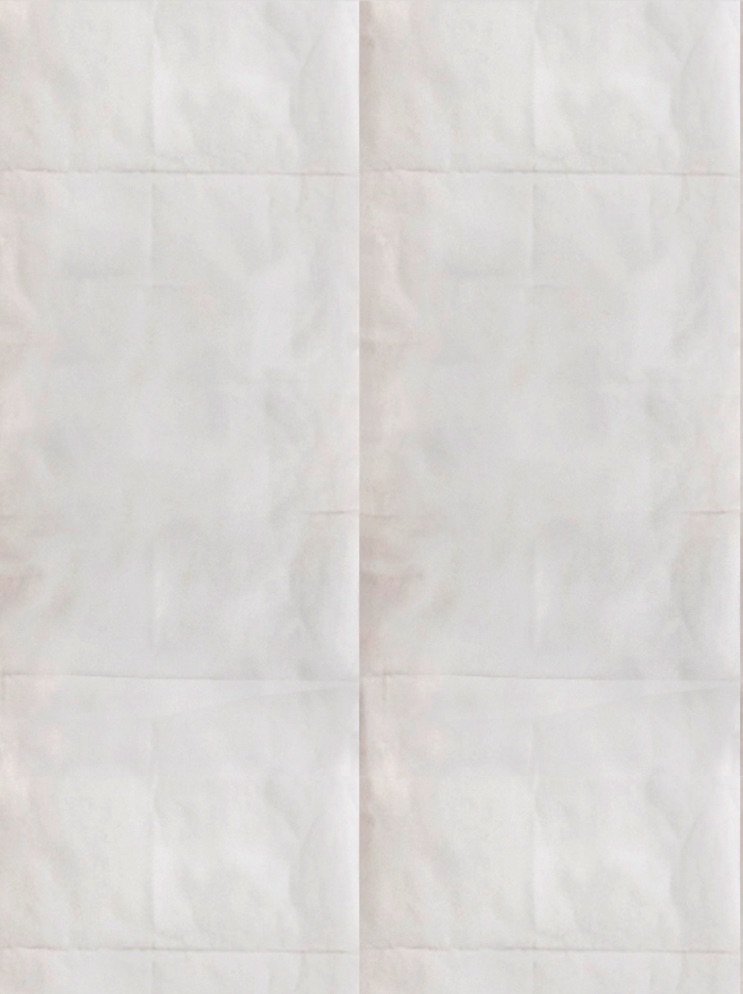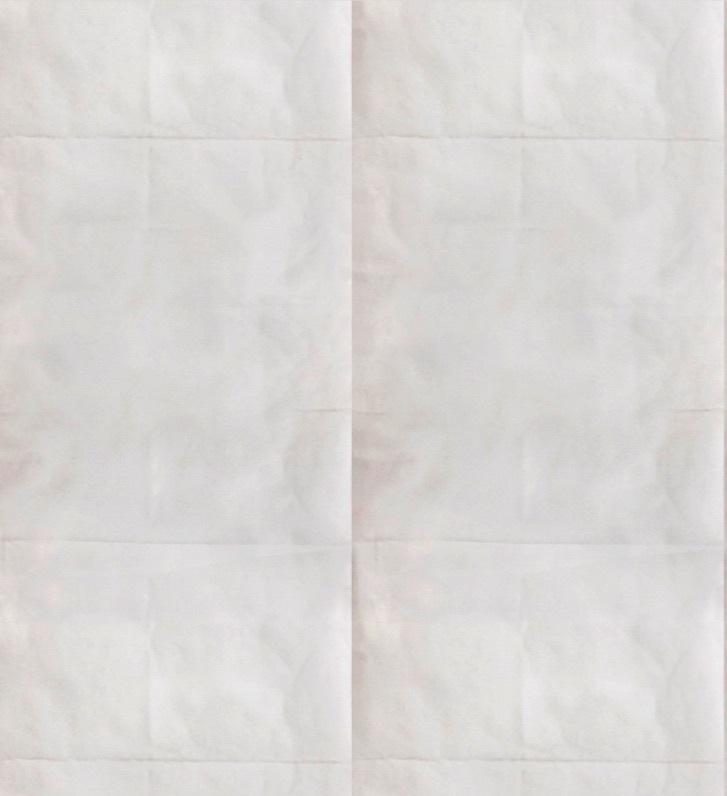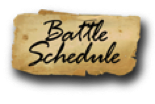

From the US Regulations
ARTICLE XXXIII. GUARDS.
399. Sentinels will be relieved every two hours, unless the state of the weather, or other causes, should make it necessary or proper that it be done at shorter or longer intervals.
400. Each relief, before mounting, is inspected by the commander of the guard or of its post. The Corporal reports to him, and presents the old relief on its return.
401. The countersign, or watchword, is given to such persons as are entitled to pass during the night, and to officers, non-commissioned officers, and sentinels of the guard. Interior guards receive the countersign only when ordered by the commander of the troops.
402 The parole is imparted to such officers only as have a right to visit the guards, and to make the grand rounds; and to officers commanding guards.
403. As soon as the new guard has been marched off, the officer of the day will repair to the office of the commanding officer and report for orders.
404. The officer of the day must see that the officer of the guard is furnished with the parole and countersign before retreat.
405. The officer of the day visits the guards during the day at such times as he may deem necessary, and makes his rounds at night at least once after 12 o’clock.
406. Upon being relieved, the officer of the day will make such remarks in the report of the officer of the guard as circumstances require, and present the same at head-quarters.
407. Commanders of guards leaving their posts to visit their sentinels, or on other duty, are to mention their intention, and the probable time of their absence, to the next in command.
408. The officers are to remain constantly at their guards, except while visiting their sentinels, or necessarily engaged elsewhere on their proper duty.
409. Neither officers nor soldiers are to take off their clothing or accoutrements while they are on guard.
410. The officer of the guard must see that the countersign is duly communicated to the sentinels a little before twilight.
411. When a fire breaks out, or any alarm is raised in a garrison, all guards are to be immediately under arms.
412. Inexperienced officers are put on guard as supernumeraries, for the purpose of instruction
413. Sentinels will not take orders or allow themselves to be relieved, except by an officer or non-commissioned officer of their guard or party, the officer of the day, or the commanding officer; in which case the orders will be immediately notified to the commander of the guard by the officer giving them.
414. Sentinels will report every breach of orders or regulations they are instructed to enforce.
415. Sentinels must keep themselves on the alert, observing every thing that takes place within sight and hearing of their post. They will carry their arms habitually at support, or on either shoulder, but will never quit them. In wet weather if there be no sentry-box, they will secure arms.








